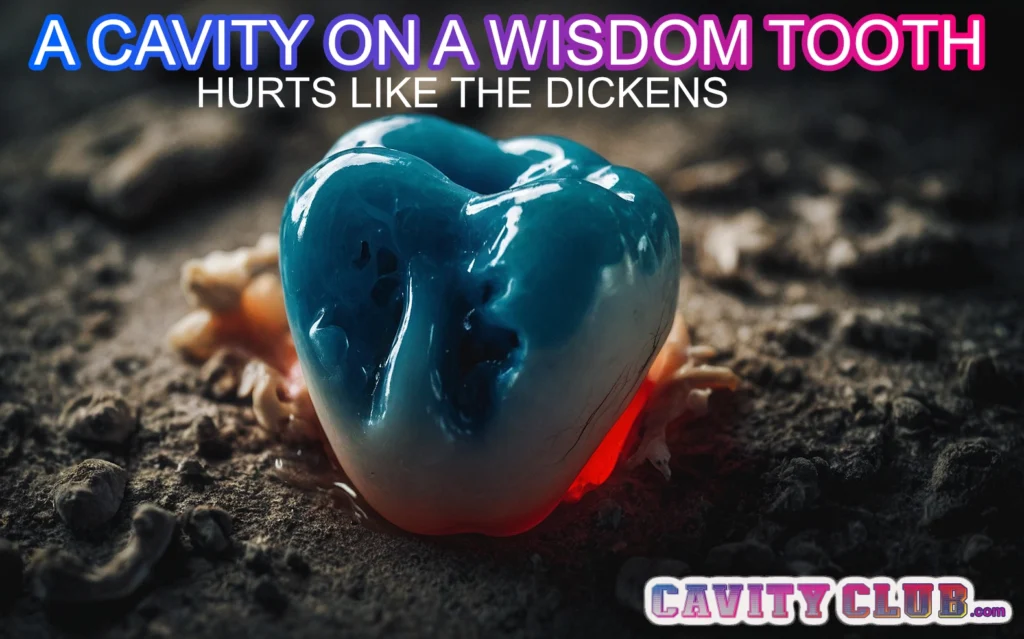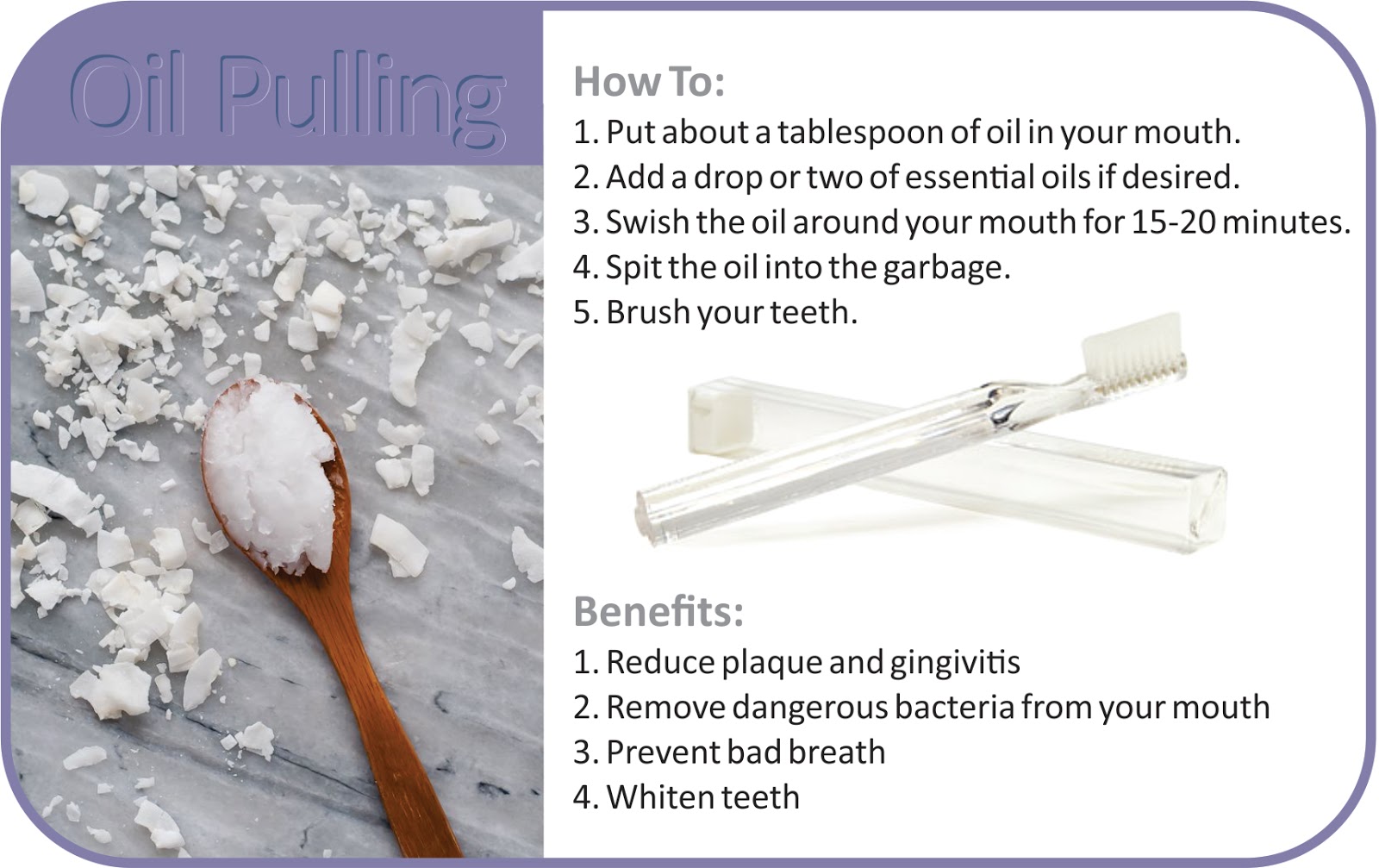What Causes Cavity In Wisdom Tooth? Expert Fix

Cavities in wisdom teeth are a common issue that many people face, often due to a combination of factors. Wisdom teeth, also known as third molars, are the last set of teeth to erupt in the mouth, typically between the ages of 17 and 25. Due to their location at the back of the mouth, wisdom teeth can be challenging to clean, making them more susceptible to cavities.
Anatomy of Wisdom Teeth and Cavity Formation
To understand why cavities form in wisdom teeth, it’s essential to consider their anatomy. Wisdom teeth have a unique shape, with deep grooves and fissures on their surfaces. These grooves can trap food particles and bacteria, creating an ideal environment for cavity formation. When bacteria in the mouth break down food, they produce acid, which can damage the tooth enamel and lead to cavities.
Common Causes of Cavities in Wisdom Teeth
Several factors contribute to the formation of cavities in wisdom teeth. Some of the most common causes include:
- Poor Oral Hygiene: Inadequate brushing and flossing can lead to the accumulation of plaque and bacteria on the surface of wisdom teeth, increasing the risk of cavities.
- Difficulty in Cleaning: Due to their location, wisdom teeth can be challenging to clean, especially if they are partially erupted or impacted. This can lead to the accumulation of food particles and bacteria, creating an environment conducive to cavity formation.
- Deep Grooves and Fissures: The unique shape of wisdom teeth, with deep grooves and fissures, can trap food particles and bacteria, making it difficult to clean and increasing the risk of cavities.
- Diet: Consuming sugary or acidic foods and drinks can contribute to the formation of cavities in wisdom teeth. The bacteria in the mouth feed on these substances, producing acid that can damage the tooth enamel.
- Genetic Predisposition: Some people may be more prone to cavities due to their genetic makeup. Factors such as tooth shape, size, and enamel thickness can influence the risk of cavity formation.
Symptoms of Cavities in Wisdom Teeth
The symptoms of cavities in wisdom teeth can vary, but common signs include:
- Tooth sensitivity or pain when consuming hot or cold foods and drinks
- Visible holes or discoloration on the surface of the tooth
- Pain or discomfort when biting or chewing
- Bad breath or a foul taste in the mouth
Expert Fix: Prevention and Treatment
Preventing cavities in wisdom teeth requires a combination of good oral hygiene practices, regular dental check-ups, and a healthy diet. Here are some expert tips to help prevent and treat cavities in wisdom teeth:
- Practice Good Oral Hygiene: Brush your teeth at least twice a day, paying special attention to your wisdom teeth. Use a fluoride toothpaste and a soft-bristled toothbrush to clean all surfaces of your teeth.
- Floss Regularly: Flossing can help remove food particles and bacteria from between your teeth and below the gumline. Use a gentle flossing motion to avoid damaging your gums.
- Visit Your Dentist Regularly: Regular dental check-ups can help identify cavities early on, preventing more extensive damage. Your dentist can also provide professional cleanings and advice on how to maintain good oral hygiene.
- Use a Fluoride Mouthwash: Fluoride mouthwashes can help strengthen tooth enamel and prevent cavities. Look for a mouthwash that carries the American Dental Association (ADA) Seal of Acceptance.
- Consider Sealants: Dental sealants can be applied to the surface of wisdom teeth to prevent cavities. Sealants fill in the deep grooves and fissures, making it more difficult for bacteria and food particles to accumulate.
Treatment Options for Cavities in Wisdom Teeth
If you do develop a cavity in a wisdom tooth, your dentist may recommend one of the following treatment options:
- Fillings: Fillings are the most common treatment for cavities in wisdom teeth. Your dentist will remove the decayed portion of the tooth and fill it with a tooth-colored material, such as composite resin or amalgam.
- Crowns: If the cavity is extensive, your dentist may recommend a crown to cover the entire surface of the tooth. Crowns can be made from a variety of materials, including porcelain, ceramic, or gold.
- Extraction: In some cases, the wisdom tooth may need to be extracted, especially if it is impacted or causing problems with the surrounding teeth or gums.
Conclusion
Cavities in wisdom teeth can be prevented and treated with a combination of good oral hygiene practices, regular dental check-ups, and a healthy diet. By understanding the common causes of cavities in wisdom teeth and taking proactive steps to prevent them, you can help maintain good oral health and avoid more extensive dental problems.
To prevent cavities in wisdom teeth, practice good oral hygiene, visit your dentist regularly, and maintain a healthy diet. If you do develop a cavity, your dentist can provide treatment options, such as fillings, crowns, or extraction, to restore your oral health.
What are the symptoms of cavities in wisdom teeth?
+Symptoms of cavities in wisdom teeth can include tooth sensitivity or pain, visible holes or discoloration on the surface of the tooth, and bad breath or a foul taste in the mouth.
How can I prevent cavities in wisdom teeth?
+To prevent cavities in wisdom teeth, practice good oral hygiene by brushing and flossing regularly, visit your dentist for regular check-ups, and maintain a healthy diet that is low in sugary and acidic foods and drinks.
What are the treatment options for cavities in wisdom teeth?
+Treatment options for cavities in wisdom teeth can include fillings, crowns, or extraction, depending on the extent of the cavity and the overall health of the tooth.
By following these expert tips and seeking regular dental care, you can help prevent cavities in your wisdom teeth and maintain good oral health. Remember, prevention is key, and early detection and treatment can help prevent more extensive dental problems.


